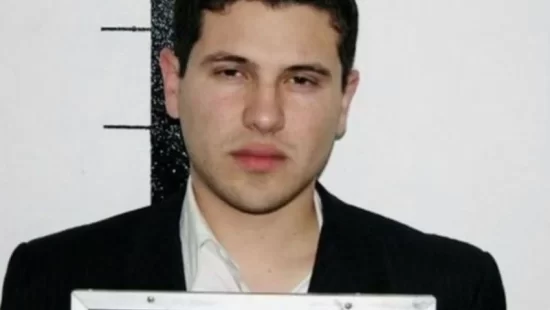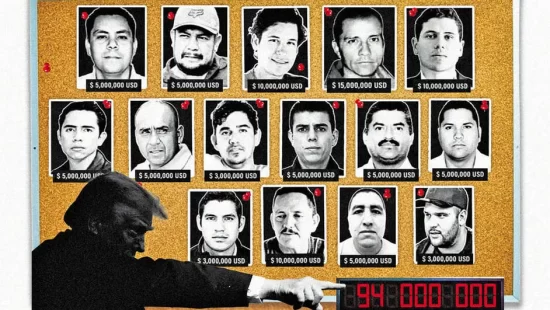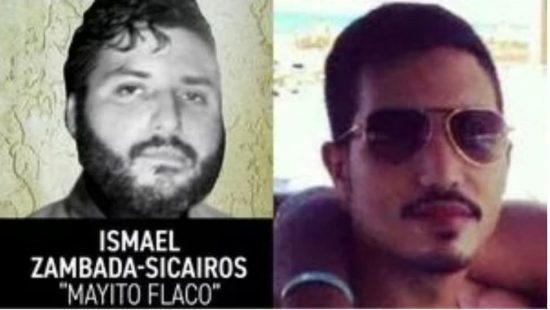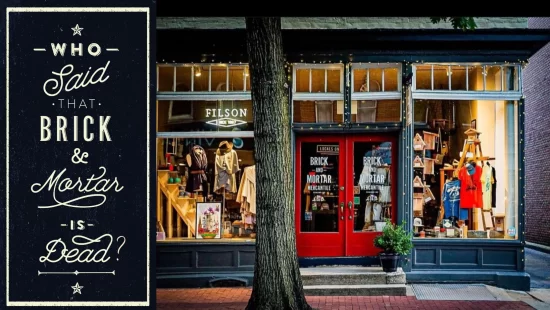Raúl Vera’s habits are often stained with dirt and coal, and who knows how he’ll later remove those faded soot stains from his white Dominican robes. It’s easier to see him on foot in the mines of Coahuila than in the palaces of Mexican power.
As bishop of Saltillo, he regularly visited that corner of the world behind the border, so poor and so battered, where to earn tortillas you have to go underground to scrape ore. When the Pasta de Conchos mine exploded, back on February 19, 2006, he went to offer Christian consolation to the families of the 65 dead. That area was under the jurisdiction of the Diocese of Piedras Negras, but he cared little about technicalities. And look, the other bishop warned him: if you don’t celebrate Mass with me, don’t bother showing up.
But, poor him, that priest had strayed from the ways of the Lord because of the mortal sin of “being on the side of the company,” Grupo México, instead of the workers, Vera laments. So he came up with a trick, he says like a naughty child: a year after the accident, he celebrated Mass for the miners’ families at the entrance to the mine shaft, but not on the anniversary, no, but the night before, at 11:00 p.m. Of course, the liturgy lasted until 2:00 a.m., and the man from Piedras Negras got angry.
“I didn’t feel guilty about anything either,” Vera would laugh a couple of decades later.
Right there, in the mining town of Barroterán, the Bishop Emeritus of Saltillo spent Holy Week. There he learned of the death of Pope Francis, an old friend he hoped to see again this June, when he traveled to the Vatican to celebrate half a century since he was appointed a priest and, incidentally, his 80th birthday.
He had a special relationship with Francis: “We liked each other from the first time I greeted him, and for Church matters, I had three personal audiences with him.”
Like Vera, the Argentine pope “was deeply interested in the poor.” The last time they met was at the Vatican in 2023 and, as always, they discussed “the human rights situation we were experiencing in Mexico.” Vera spoke to him about femicides, the dirty war, migrants and missing persons, and the lack of social justice in his country. The Holy Father listened and, appalled by what his fellow priest told him, once went so far as to say that the devil was bringing trouble to Mexico.
These days, as a Vatican conclave, many miles from Saltillo, weighs the future of the Catholic Church, Vera wonders from afar what new direction the institution will take after Francis: “He appointed the vast majority of cardinals; we’ll see where they go in the election of the pope.
If there’s continuity in his values, I think we can make the Church a benchmark. Francis had a benchmark mentality; he came from a Third World background.” The story that will end up in textbooks is being written in Rome and tells the tale of Jorge Mario Bergoglio, a humble Argentine who rose from lowly Jesuit to archbishop in Buenos Aires and later, in an unexpected twist, to pontiff concerned about inequality in the land, migrants, and the environment. His figure was groundbreaking in the face of ecclesiastical immobility, but he was also a man who opposed abortion. He argued that homosexuality is not a crime, but a sin, and that “gender ideology is one of the most dangerous ideological colonizations.”
Vera, the last great figure in Latin America of liberation theology, that almost extinct movement that believed faith sprang up in the slums rather than in the basilicas, was always more to the left.
“Those who say that homosexuals are sick are the ones who are sick,” he once said—although abortion is a different matter. They call him the red bishop, the worker priest. In 1987, John Paul II appointed him bishop of Ciudad Altamirano, in the Tierra Caliente region of Guerrero, “a poor diocese” in a rural region that lived off the cultivation of opium poppies.
“Because of their poverty, they became involved with drug traffickers; they grew and exported drugs, and it was very sad. They were noble people, and if they didn’t grow drugs, their land would be taken from them and they could be killed.” In those years, guerrillas were brewing in the mountains of Guerrero, indigenous organizations that talked about reclaiming the land, but it was finally further south, in Chiapas, where everything exploded.








